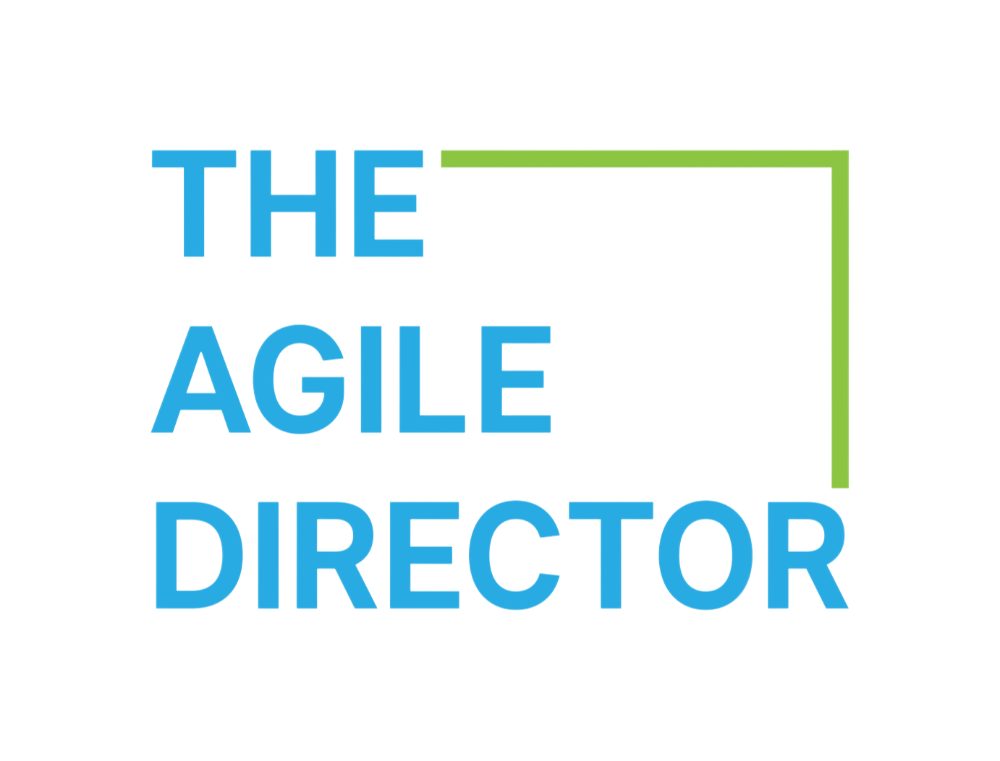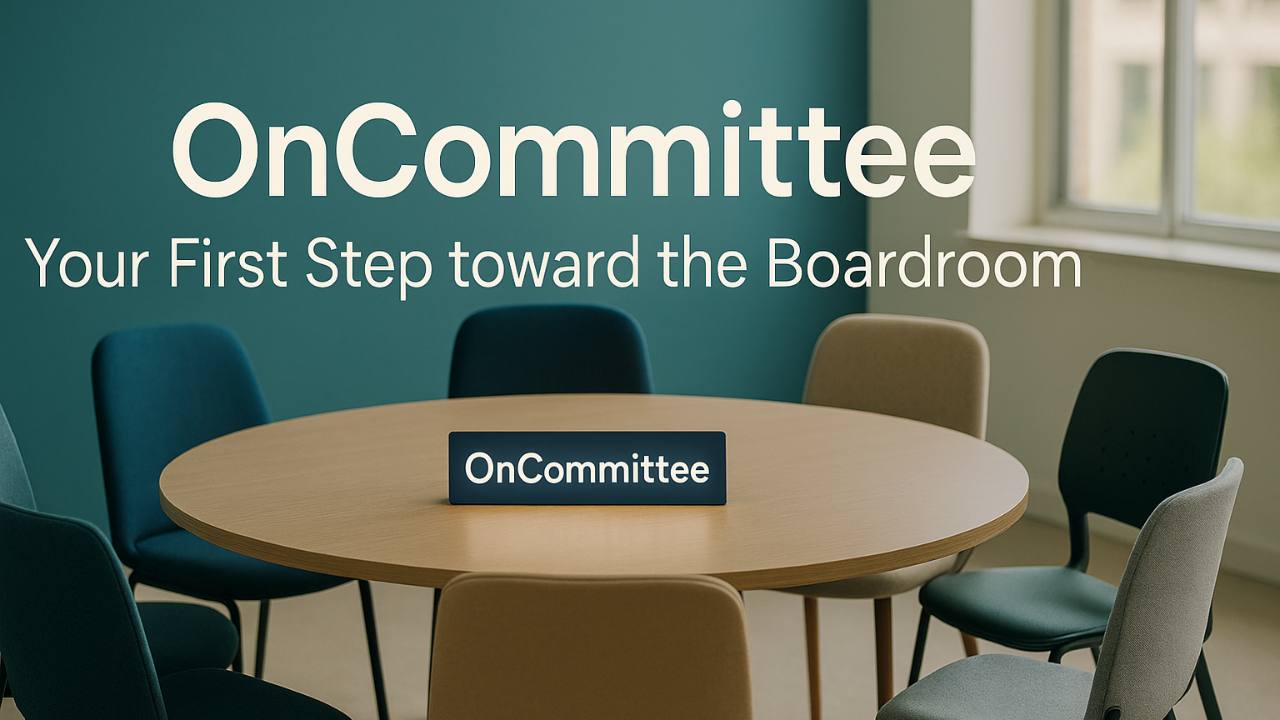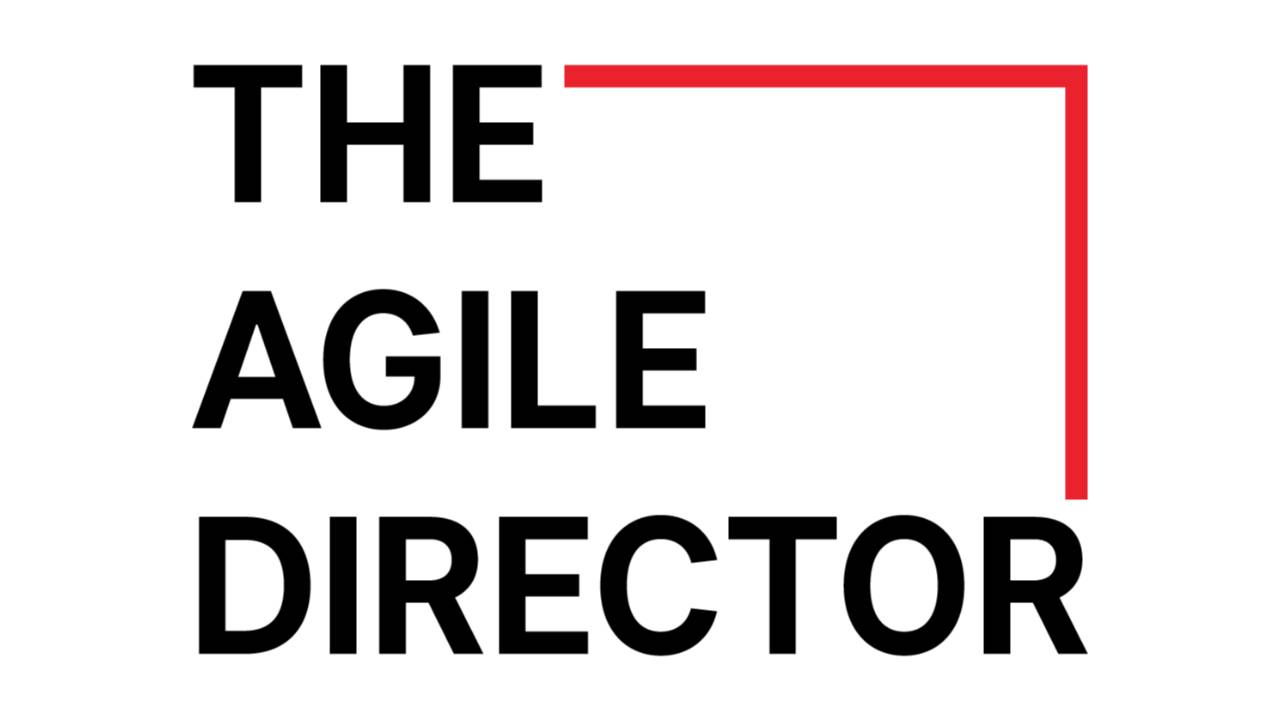Categories
advisory board aspiring director authentic leadership blueprint board leadership board readiness board reflection boards civic culture corporate responsibility crisis leadership culture democracy director development director pathways director responsibilities ethical governance ethical leadership future of boards future of work governace governance governance training governance trends governex innovation integrity leadership oncommittee organisational culture social contract social license stakeholder strategy start-ups the agile directorLeadership, Civic Culture, and the Role of Governance in Democracy
It’s easy to think of governance as a technical discipline—focused on compliance, risk, and financial oversight. But dig a little deeper, and you’ll find that at its core, governance is about something much bigger: how we organise ourselves as a society. How we lead. How we relate to one another. How we hold power to account.
In recent discussion with The Agile Director leadership team, we explored the idea that governance - when done well - its at the heart of a healthy democratic society. But when misunderstood or misused, it can just as easily become part of the problem.
Drawing inspiration from Alexis de Tocqueville’s classic insight into democratic life, we considered three pillars of a flourishing democracy:
-
Robust institutions
-
Shared prosperity
-
A thriving civic culture
While political institutions and economic policy often dominate these conversations, there is growing recognition that civic culture - the shared sense of values, participation, and responsibility that binds a community - is rapidly eroding. And business, especially at the leadership and board level, has a critical role to play in rebuilding it.
From Authority to Contribution
One of the most pressing challenges facing boards and executives today is the growing public distrust in institutions. The media, political systems, corporations - even nonprofits - are being questioned like never before. And rightly so.
Too often, authority is equated with status rather than service. Executive reward systems remain skewed toward short-term gain, even as communities, employees and the environment call for longer-term thinking and ethical restraint.
We explored how directors must reimagine their roles - from guardians of governance to contributors to civic health. That starts with asking different questions:
-
How does our organisation contribute to the resilience of the society it serves?
-
Are our leadership development pipelines cultivating responsibility or reinforcing privilege?
-
Do our strategies create value only for shareholders - or also for citizens?
Why Leadership Culture Matters
As boards, we spend significant time on strategy, financial reporting, and legal obligations. But too often we treat leadership culture the unspoken norms, values, and behaviours that drive decisions - as a secondary issue.
In reality, leadership culture is upstream of everything.
It determines how decisions are made, how challenges are confronted, and how truth is spoken (or not) in the boardroom. It shapes the way power is exercised, how difference is valued, and whether long-term wellbeing is prioritised over short-term optics.
When culture is strong, leadership becomes not just effective—but trustworthy.
And trust, as we’re increasingly learning, is not a ‘nice-to-have’ in governance. It’s the operating system that everything else runs on.
The Responsibility of the Director
There’s a reason we call our flagship program GOVERNEX. Governance isn’t just about knowledge - it’s about exercising leadership with intentionality, in systems of power and accountability.
We designed GOVERNEX not just to prepare people for board roles, but to help them show up better once they’re there. To think beyond technical compliance. To challenge constructively. To connect their personal leadership to a larger purpose.
Because in an age of complexity and social division, the question isn’t just “Do you understand your governance responsibilities?” It’s “What kind of leader are you becoming?”
As we often say:
We don’t just build directors. We build democratic citizens with power and responsibility.
This is not a soft ambition. It’s a call to action - for anyone who holds a seat at the table, or hopes to.
A Final Thought
At The Agile Director, we are committed to helping directors and aspiring directors lead with clarity, humility, and impact.
We believe governance is one of the most powerful levers for change in modern society. But only if we remember that governance isn’t just about organisations. It’s about people. It’s about culture. It’s about the future we want to build.
As always, we invite you to join the conversation.
What role do you believe boards and business should play in rebuilding civic trust?
Warmly,
The Agile Director Team







